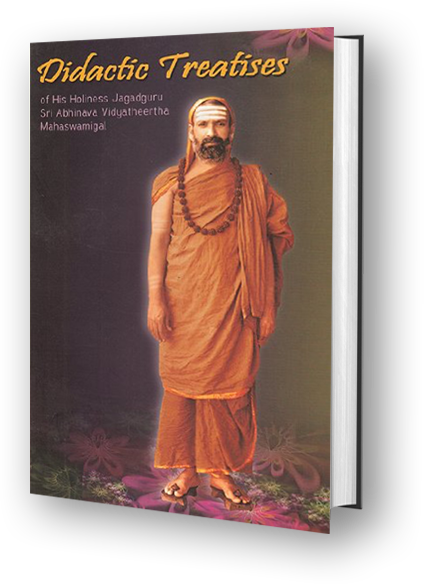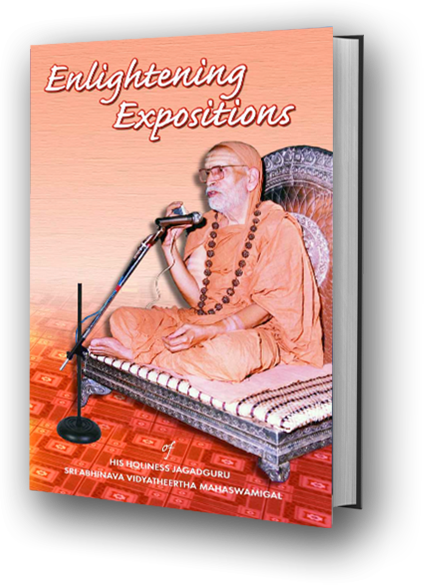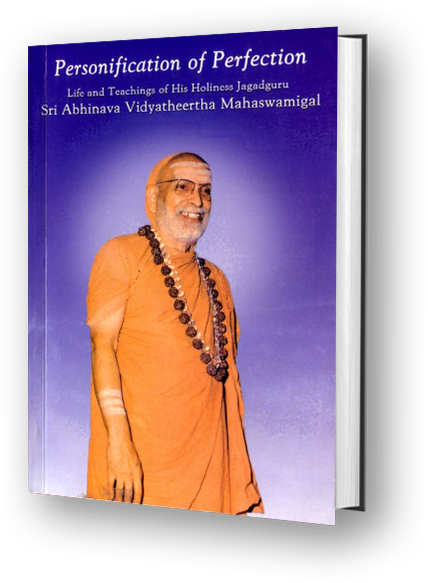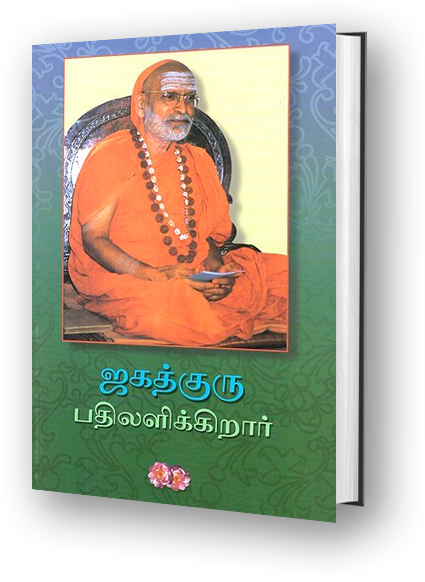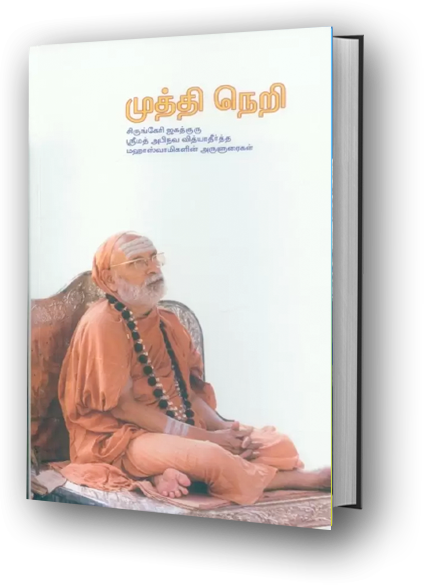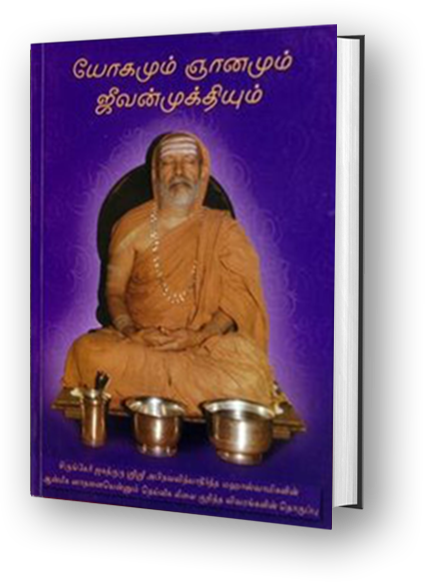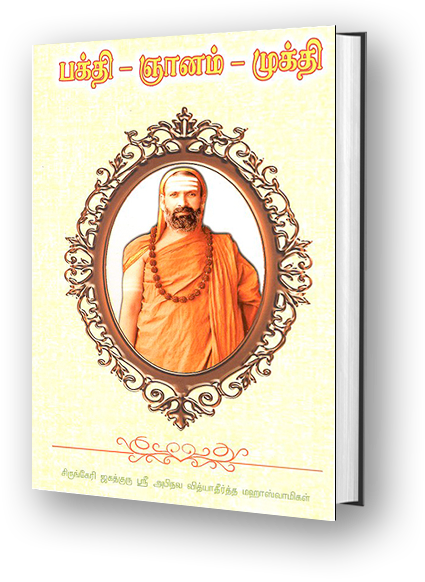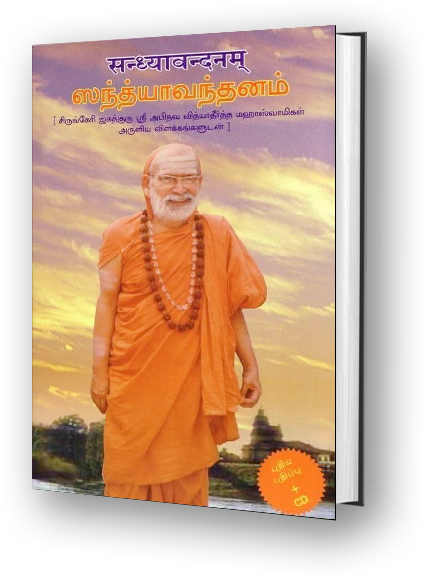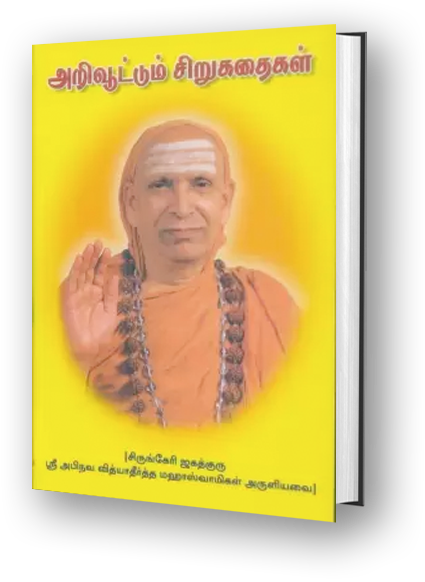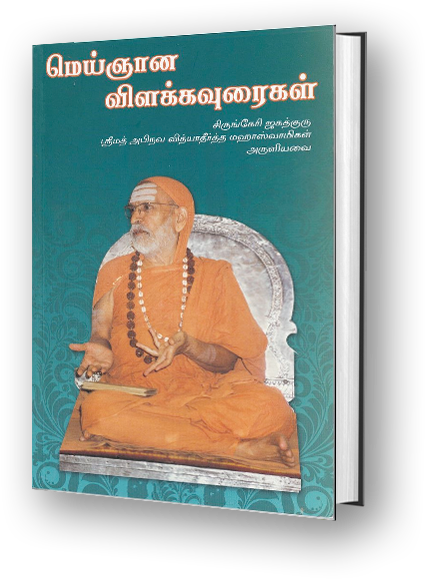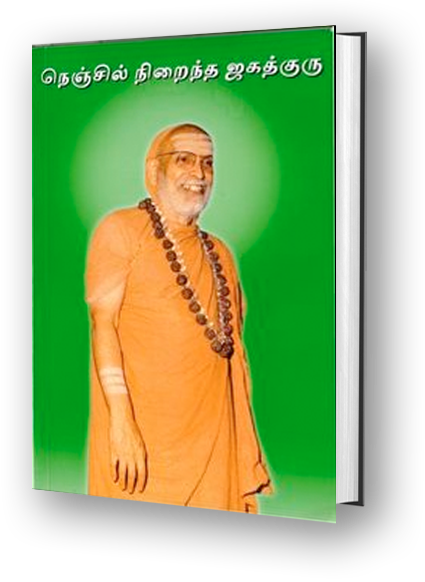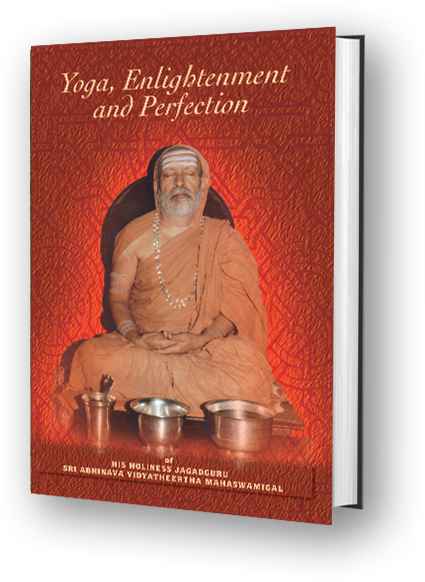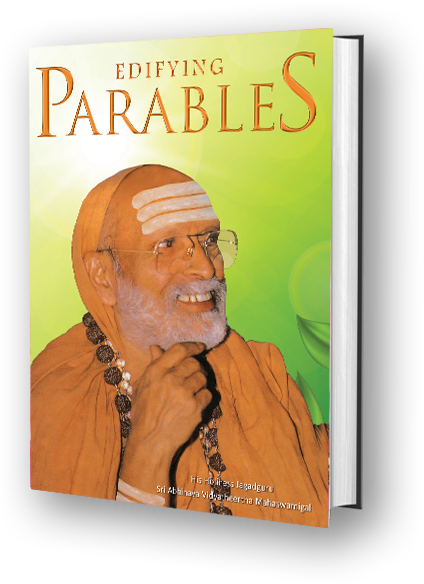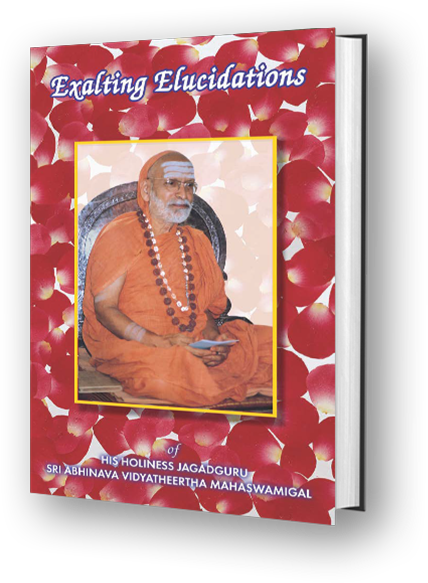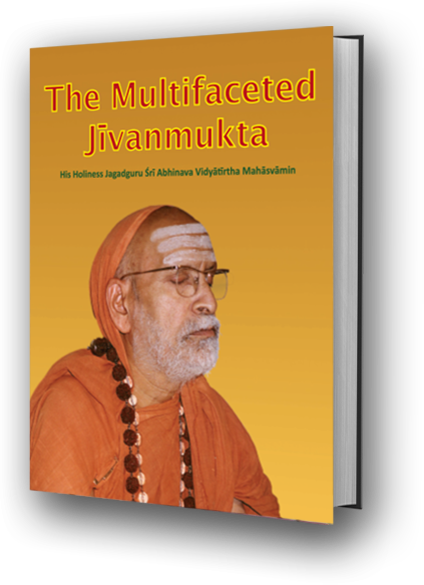"Scientific Evidence – Vedantic Light”
[Gleanings from His Holiness Jagadguru Śrī Abhinava Vidyātīrtha Mahāsvāmin]
A feature: One unacquainted with science and the scripture can also read this book.
Our scriptural texts teach that there is a jīva in every life form, be it a plant, a worm or a human. Numerous knotty, jīva-related questions arise when a planarian (a flatworm), which has a remarkable ability to regenerate, grafted plants, cloning of animals, embryo-splitting, natural and artificial human conception, etc., are considered. These are spelt out and answered in the light of the scripture in Chapter 1 of this book.
In the next chapter, hypothesized links between the findings of science about the cosmos and what the scriptures have said, early Indian contributions in the fields of mathematics, medicine, and engineering, and the traditional resolution of any discordance between some Vedic statements and what is known by other means are taken up.
Chapter 3 considers evolution as presented by Dawkins in The Blind Watchmaker in the light of the pervasive role of God revealed by the scripture.
The pervasive impact of the human brain on the mind and consciousness as known from the data on brain damage, electrical stimulation, drugs, split-brain surgery, etc., is detailed in Chapter 4 and it is shown in depth that all such data can be accommodated within the framework of the scripture’s words about the mind and consciousness.
Chapter 5 has some information about light, relativity, and quantum mechanics and how the scriptural teaching about causality is unchallenged by quantum interactions.
Every scriptural explanation of H.H. Jagadguru Śrī Abhinava Vidyātīrtha Mahāsvāmin, the 35th Shankaracharya of the Sringeri Sharada Peetham, a great yogin, a jīvan-mukta, and an undisputed authority on Advaita-vedānta, is precise, clear, and traditional. The reigning 36th Shankaracharya of the Sringeri Sharada Peetham, H.H. Jagadguru Śrī Bhāratī-tīrtha Mahāsvāmin, has blessed this book with a śrīmukha (benedictory message)

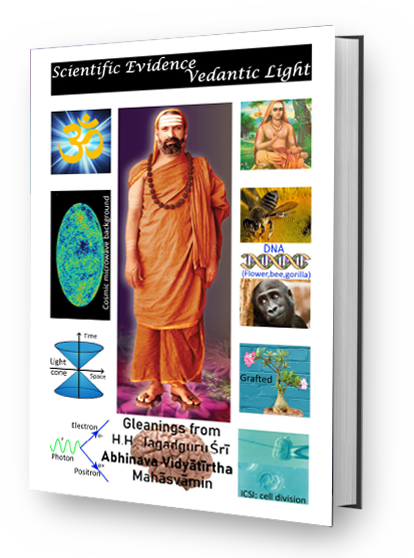
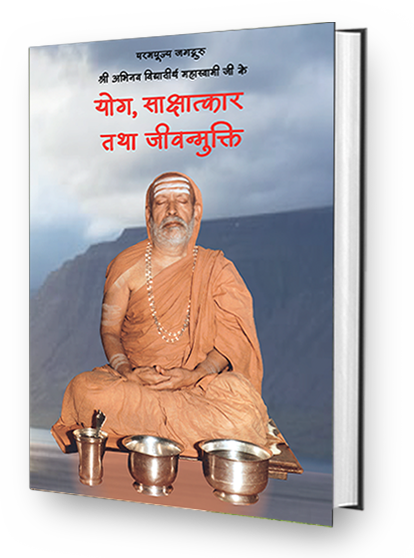
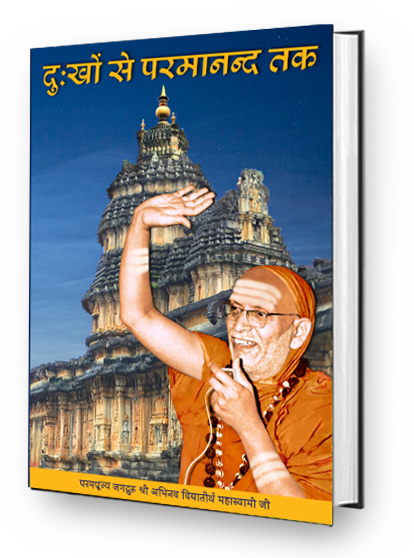
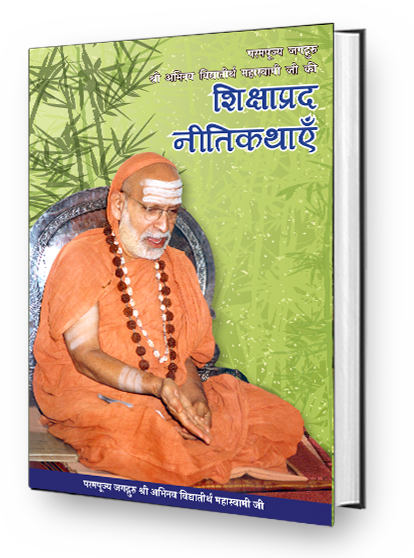
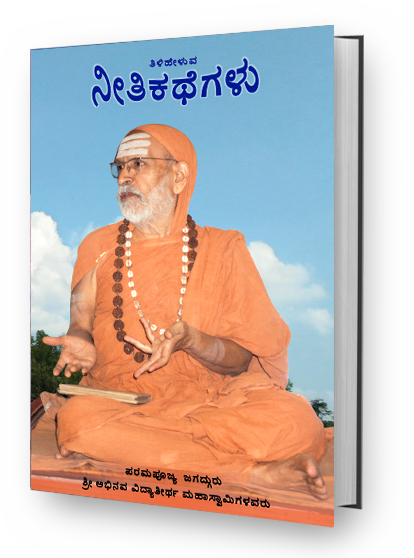

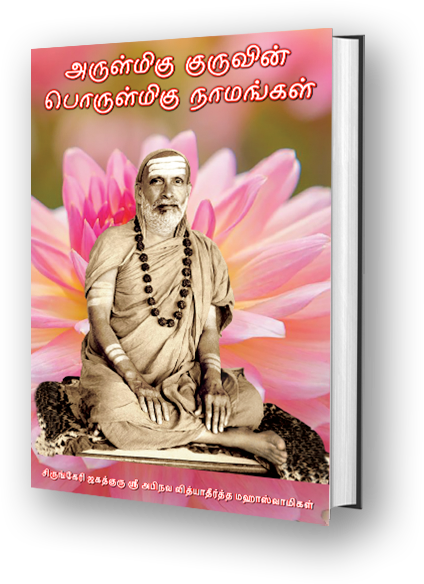


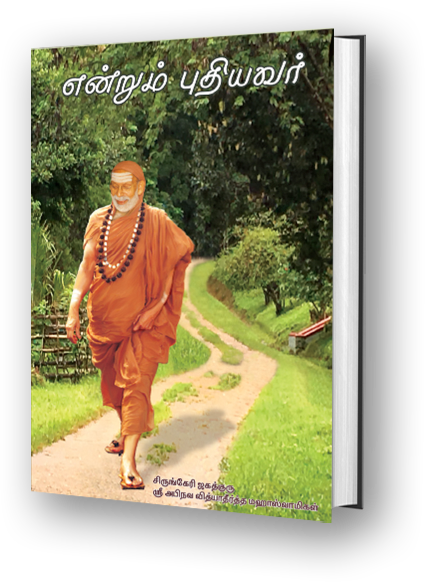
.png)
.png)
.png)
.png)
